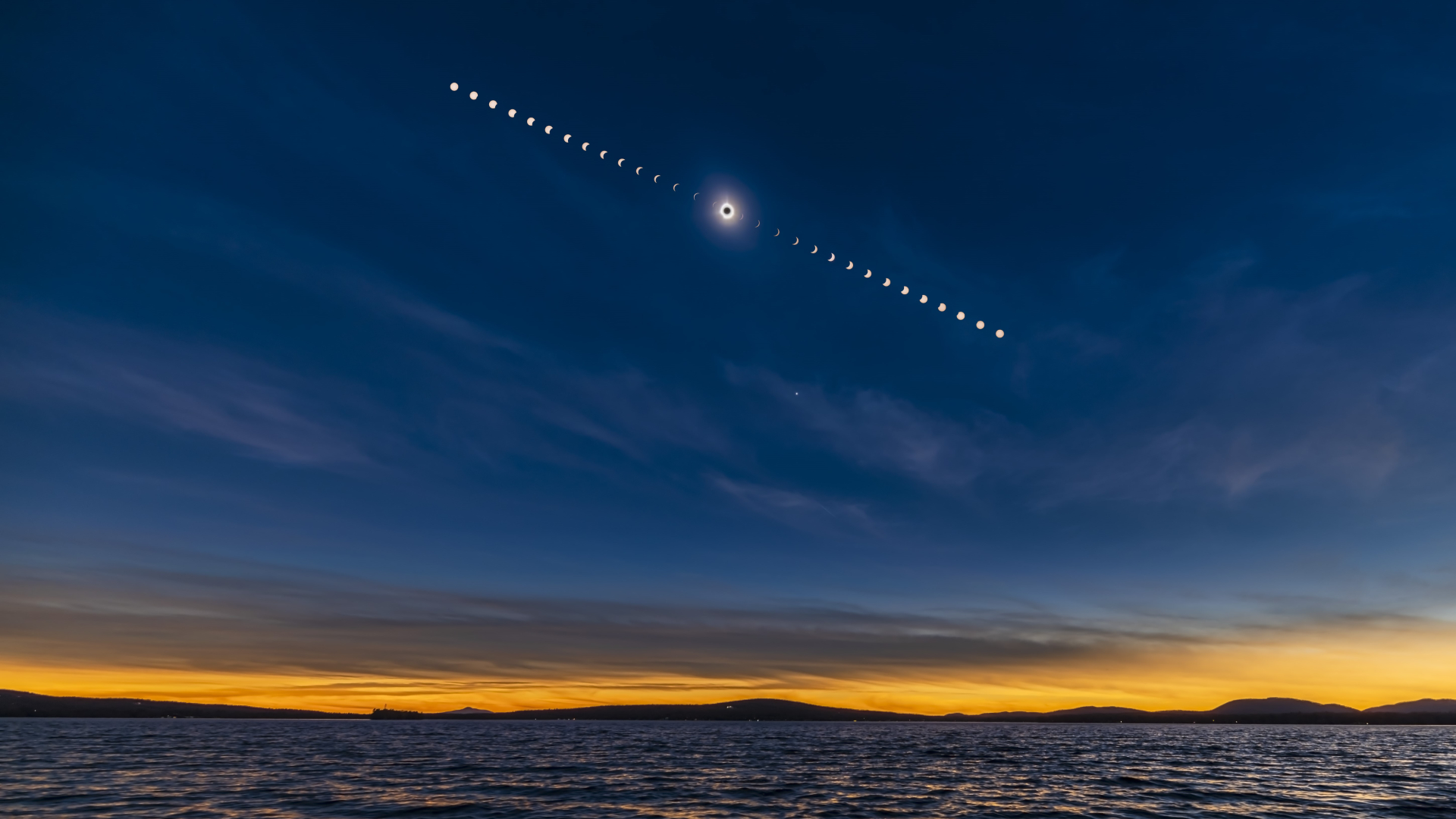Have you ever experienced the awe of a solar eclipse? If not, you’re in for a treat! Solar eclipses are not just astronomical events; they are moments that can change your perspective on the universe. In this comprehensive guide, we’ll explore the different types of solar eclipses, their historical significance, upcoming events, and even cultural perspectives from around the globe.
Understanding Solar Eclipses
A solar eclipse occurs when the moon passes between the Earth and the sun, temporarily blocking the sun’s light. There are three main types of solar eclipses: total, partial, and annular. During a total solar eclipse, the moon completely covers the sun, creating a breathtaking view of the sun’s corona. Partial eclipses allow some sunlight to shine through, while annular eclipses create a “ring of fire” effect.
Historical Significance of Solar Eclipses
Throughout history, solar eclipses have held significant cultural and scientific importance. For instance, the total solar eclipse of 1919 provided crucial evidence for Einstein’s theory of general relativity. Additionally, many cultures have myths and legends surrounding eclipses. In ancient China, it was believed that dragons devoured the sun during an eclipse, while in other cultures, eclipses were seen as omens.

Upcoming Solar Eclipses You Won’t Want to Miss
The next total solar eclipse will occur on April 8, 2024, and it will be visible from major cities including Dallas and Indianapolis. Following that, mark your calendars for August 2, 2027, when the eclipse will last an impressive 6 minutes and 23 seconds! This event is being dubbed the ‘eclipse of the century’ by experts.
Tips for Safe Solar Eclipse Viewing
Safety is paramount when viewing solar eclipses. Here are a few essential tips:
- Always use eclipse glasses to protect your eyes.
- Never look directly at the sun without proper eye protection.
- Consider using a solar viewer or a pinhole projector for a safe viewing experience.
Cultural Perspectives on Solar Eclipses
Different cultures interpret solar eclipses in various ways. In many Indigenous cultures, eclipses are seen as a time for reflection and renewal. For example, in some Native American traditions, the eclipse is viewed as a time of great spiritual significance, often associated with the balance of nature.
Conclusion: Join the Adventure!
Solar eclipses are more than just celestial events; they are opportunities to connect with nature, history, and culture. As we prepare for the upcoming eclipses, gather your friends and family, and make plans to witness these extraordinary phenomena together. Don’t forget to share your experiences and tips for viewing solar eclipses in the comments below!
For more information on solar eclipses and related events, check out our NASA resource and National Geographic insights.



